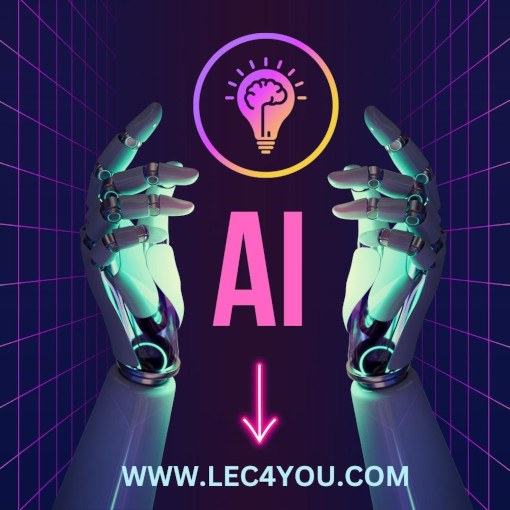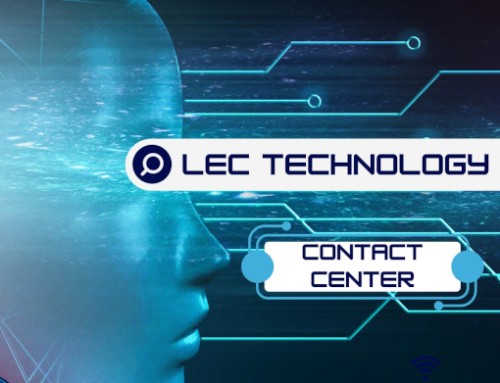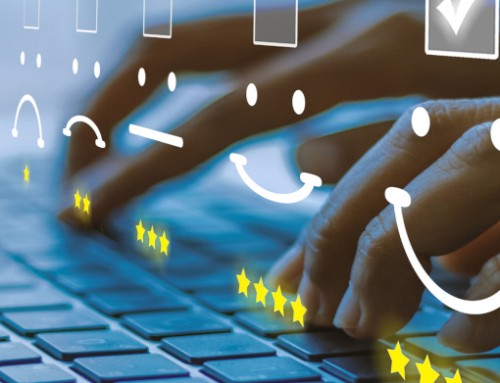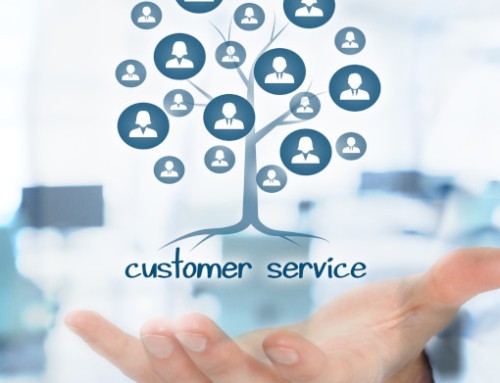Artificial Intelligence (AI) is rapidly transforming the way businesses operate across the globe. One of the areas where AI can have a significant impact is in employee experience. Employee experience refers to the way employees feel about their job, work environment, and the overall workplace culture. By leveraging AI, businesses can improve employee experience, which in turn, can lead to increased productivity, job satisfaction, and retention rates. In this blog post, we will discuss how businesses can leverage AI in employee experience.
1. Streamline Recruitment and Onboarding Process
Recruiting and onboarding new employees can be a time-consuming and expensive process. AI-powered tools can help streamline this process by automating the initial screening of candidates, scheduling interviews, and even conducting preliminary interviews. This not only saves time and resources but also ensures that only the most qualified candidates are selected for the next stage.
AI can also be used to improve the onboarding process by providing personalized training materials based on the employee’s role and skill level. This can help new hires get up to speed quickly and feel more comfortable in their new role.
2. Personalize Employee Learning and Development
AI can also be used to personalize employee learning and development by identifying areas where an employee needs improvement and providing customized training modules. AI-powered systems can analyze an employee’s performance and suggest courses or training programs that can help them improve their skills. This not only improves the employee’s performance but also ensures that the business is investing in the right training programs.
3. Improve Communication and Collaboration
Effective communication and collaboration are critical for a positive employee experience. AI-powered chatbots and virtual assistants can help employees stay connected with their team members and managers. These chatbots can provide quick answers to common questions, share information about company policies, and even schedule meetings.
AI-powered collaboration tools can also help employees work more efficiently by automating routine tasks and providing real-time feedback. These tools can help employees stay focused on their work and reduce the time spent on administrative tasks.
4. Enhance Employee Engagement
AI can also be used to enhance employee engagement by providing personalized feedback and recognition. AI-powered systems can analyze an employee’s performance and provide real-time feedback on their strengths and weaknesses. This can help employees improve their performance and feel more valued.
AI can also be used to provide personalized recognition to employees. For example, an AI-powered system can track an employee’s achievements and send them a personalized message congratulating them on their accomplishment. This not only makes the employee feel valued but also encourages them to continue working hard.
5. Monitor Employee Well-Being
Employee well-being is critical for a positive employee experience. AI-powered tools can help monitor employee well-being by analyzing employee data such as work hours, productivity, and engagement levels. This data can be used to identify potential issues and provide support to employees who may be struggling.
For example, an AI-powered tool can monitor an employee’s work hours and provide alerts if they are working too many hours or not taking enough breaks. This can help prevent burnout and improve employee well-being.
6. Predict Employee Turnover
Employee turnover can be costly for businesses. AI-powered tools can help predict employee turnover by analyzing data such as employee satisfaction, engagement levels, and performance. This data can be used to identify employees who may be at risk of leaving the company and provide support to retain them.
For example, an AI-powered system can analyze an employee’s engagement levels and provide recommendations for how to improve their experience. This can help prevent turnover and improve employee retention rates.
In conclusion, AI can be a powerful tool for enhancing employee experience. By leveraging AI technologies in recruitment, learning and development, performance management, workforce planning, and employee engagement, businesses can create a more engaged and productive workforce while improving the overall employee experience. As AI technology continues to advance, we can expect to see more innovative applications in the area of employee experience in the years to come.





Leave A Comment